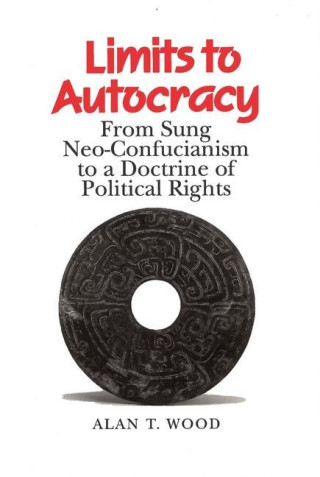
Kód: 06349533
Limits to Autocracy
Autor Alan T. Wood
Many modern scholars of Chinese history, and many Chinese intellectuals throughout the twentieth century, have charged neo-Confucianism with laying the ideological foundations for the growth of autocracy in China. They have especi ... celý popis
- Jazyk:
 Angličtina
Angličtina - Vazba: Pevná
- Počet stran: 272
Nakladatelství: University of Hawai'i Press, 1995
- Více informací o knize

901 Kč
Dostupnost:
50 % šance Máme informaci, že by titul mohl být dostupný. Na základě vaší objednávky se ho pokusíme do 6 týdnů zajistit.
Máme informaci, že by titul mohl být dostupný. Na základě vaší objednávky se ho pokusíme do 6 týdnů zajistit.Prohledáme celý svět
Mohlo by se vám také líbit
Darujte tuto knihu ještě dnes
- Objednejte knihu a zvolte Zaslat jako dárek.
- Obratem obdržíte darovací poukaz na knihu, který můžete ihned předat obdarovanému.
- Knihu zašleme na adresu obdarovaného, o nic se nestaráte.
Informovat o naskladnění knihy
Zadejte do formuláře e-mailovou adresu a jakmile knihu naskladníme, zašleme vám o tom zprávu. Pohlídáme vše za vás.
Více informací o knize Limits to Autocracy
Nákupem získáte 90 bodů
 Anotace knihy
Anotace knihy
Many modern scholars of Chinese history, and many Chinese intellectuals throughout the twentieth century, have charged neo-Confucianism with laying the ideological foundations for the growth of autocracy in China. They have especially condemned neo-Confucian political thinkers of the Northern Sung dynasty (960-1127) who promoted a policy of "revering the emperor and expelling the barbarian" (tsun-wang jang-i), accusing them of having advocated a doctrine of unconditional obedience to the ruler and thereby inhibiting the rise of democracy in China. In Limits to Autocracy Alan T. Wood leads readers to a reconsideration of this prevalent view by arguing that Sung neo-Confucianists did not intend to enhance the power of the emperor but limit it. Sung political thinkers, who embedded their most important ideas in commentaries on the Confucian classic the Spring and Autumn Annals, believed passionately in the existence of a moral cosmos governed by universal laws accessible to human understanding. These laws, they believed, transcended the ruler and were not subject to his authority. By affirming the existence of a moral law higher than the ruler, this neo-Confucian doctrine could be used to set limits to his power rather than indulge it. Wood makes a striking comparison of this view with a similar doctrine of universal morality - natural law - that also provided a basis for limiting the power of the ruler and ultimately gave rise to a doctrine of human rights in Europe.
 Parametry knihy
Parametry knihy
Zařazení knihy Knihy v angličtině Society & social sciences Politics & government
901 Kč
- Plný název: Limits to Autocracy
- Podnázev: From Sung Neo-Confucianism to a Doctrine of Political Rights
- Autor: Alan T. Wood
- Jazyk:
 Angličtina
Angličtina - Vazba: Pevná
- Počet stran: 272
- EAN: 9780824817039
- ISBN: 9780824817039
- ID: 06349533
- Nakladatelství: University of Hawai'i Press
- Hmotnost: 940 g
- Rozměry: 217 × 150 × 22 mm
- Datum vydání: 31. December 1995
Oblíbené z jiného soudku
-

Case Against the Sexual Revolution
410 Kč -

Wretched of the Earth
302 Kč -

The Trigger
594 Kč -

State and Revolution
116 Kč -

Accidental Superpower
455 Kč -

My Autobiography
321 Kč -

Fight Like A Girl
276 Kč -

Against Civilization
391 Kč -

Abaddon Ascending: The Ancient Conspiracy at the Center of CERN's Most Secretive Mission
681 Kč -

The Lords of Poverty: The Power, Prestige, and Corruption of the International Aid Business
341 Kč -
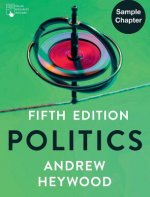
Politics
1301 Kč -

Cold and the Dark
482 Kč -

Voices from the Contemporary Japanese Feminist Movement
1387 Kč -
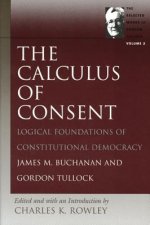
Calculus of Consent
410 Kč -

Mafia Monograph, Part 1 of 4
521 Kč -

Harm Reduction or Harm Maintenance
798 Kč -
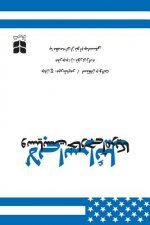
Israel Lobby and U. S. Foreign Policy
889 Kč -
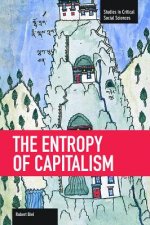
Entropy Of Capitalism
1118 Kč -

Red Petrograd
482 Kč -
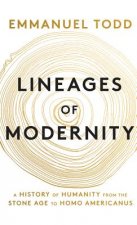
Lineages of Modernity - A History of Humanity from the Stone Age to Homo Americanus
1328 Kč -

Troubled Constitutional Future
708 Kč -
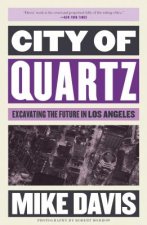
City of Quartz
394 Kč -

Inventing Vietnam
1021 Kč -

Flash Boys - A Wall Street Revolt
272 Kč -
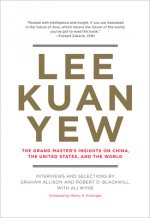
Lee Kuan Yew
538 Kč -

Giants
580 Kč -
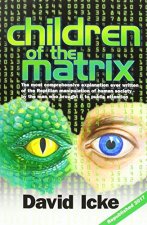
Children of the Matrix
454 Kč -

Queer Encounters with Communist Power
551 Kč -
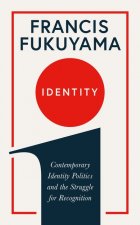
Identity
303 Kč -
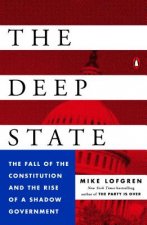
Deep State
400 Kč -

Next Decade
433 Kč -
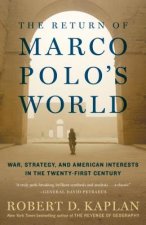
Return of Marco Polo's World
433 Kč -
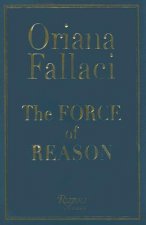
Force of Reason
541 Kč -

STRANGE DEATH OF EUROPE
499 Kč -

Political Science For Dummies
471 Kč -

Yoga of Eating
358 Kč -
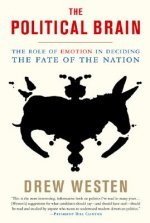
Political Brain
383 Kč -
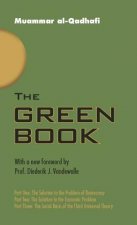
GREEN BOOK
195 Kč -
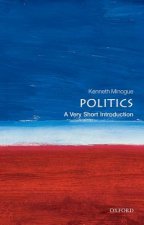
Politics: A Very Short Introduction
282 Kč -

Out of the Wreckage
522 Kč -

No Turning Back
303 Kč -

Urban Warfare in the Twenty-First Century
724 Kč -

Trade Marketing, Category Management, and Shopper Marketing
2211 Kč -
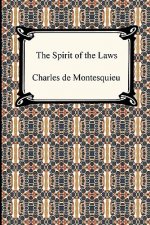
Spirit of the Laws
618 Kč -

USAF Military Working Dog Program - Scholar's Choice Edition
742 Kč -
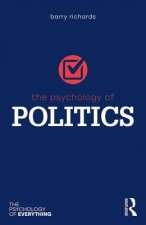
Psychology of Politics
563 Kč -
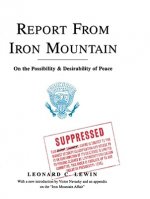
Report From Iron Mountain
360 Kč -

Lies My Teacher Told Me
561 Kč -
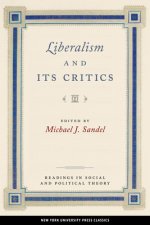
Liberalism and Its Critics
854 Kč
Osobní odběr Praha, Brno a 12903 dalších
Copyright ©2008-24 nejlevnejsi-knihy.cz Všechna práva vyhrazenaSoukromíCookies



 Vrácení do měsíce
Vrácení do měsíce 571 999 099 (8-15.30h)
571 999 099 (8-15.30h)